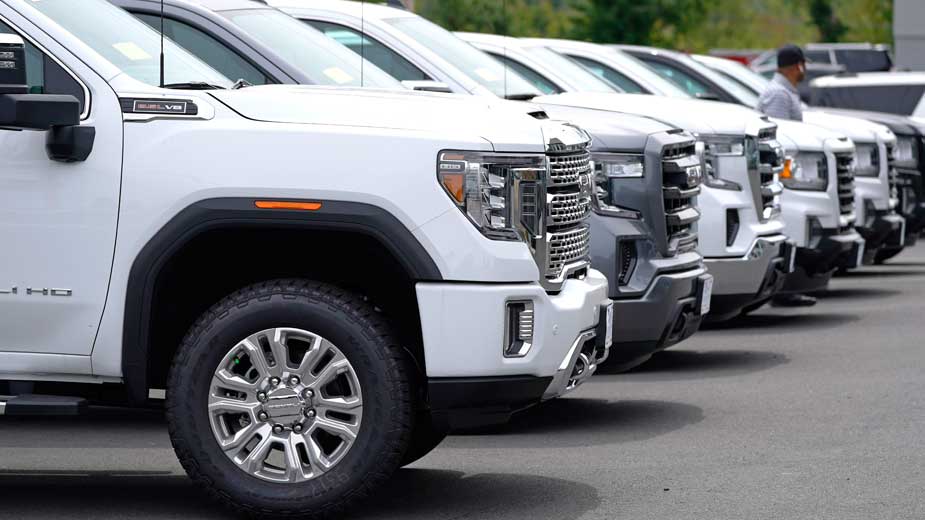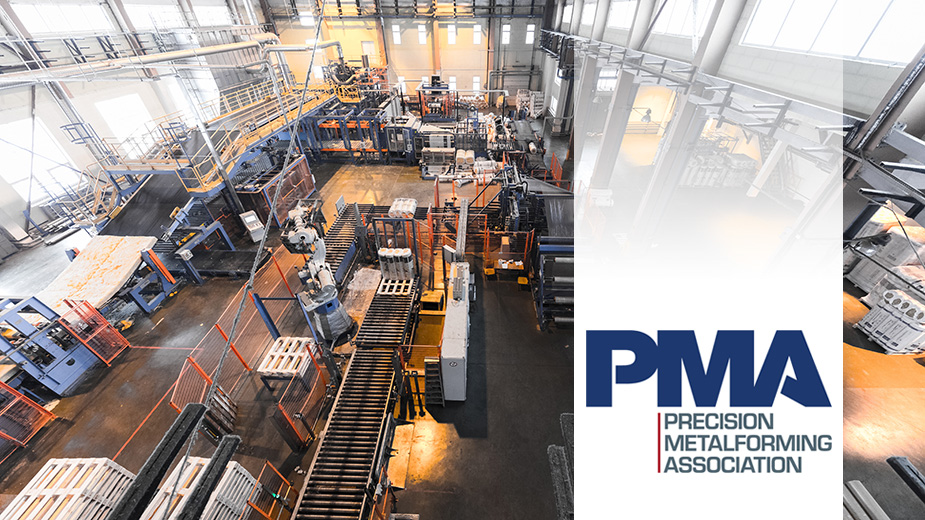Auto Dealers Association Slams ‘Bogus’ National Security Report
ALEXANDRIA, Va. — Dealers of imported automobiles are still waiting to see how an investigation by the U.S. Department of Commerce will affect their business.
The investigation under Section 232 of the Trade Expansion Act, which was launched in May 2018, looks at whether imported cars and auto parts represent a national security threat. The department submitted its findings to the White House late Sunday night, but the report has not been made public, “highlighting, once again, the bogus nature of this investigation into America’s 9,600 international nameplate dealership franchises, their 578,000 American employees, and millions of customers,” said American International Automobile Dealers Association President and CEO Cody Lusk in a statement.
“Now, dealerships must continue to operate under a cloud of uncertainty, not knowing if at any moment their products will be slapped with 25% tariffs, raising vehicle and repair costs by thousands of dollars and slashing sales,” Lusk said. “Dealers, their employees, and the communities they serve are being treated like pawns by their government. AIADA urges both President Trump and the Department of Commerce to come forward and unequivocally confirm what we already know: imported autos and auto parts are not a national security threat.”
During the commerce department’s 232 National Security Investigation hearing in July, Lusk testified in support of the international auto retail industry, citing how tariffs would negatively impact dealers and their customers.
Domestic automakers are speaking out as well. In June, General Motors Warned tariffs could raise prices for consumers, cost jobs and lead to a “a smaller GM” while isolating the U.S. from the global market.
“The overbroad and steep application of import tariffs on our trading partners risks isolating U.S. businesses like GM from the global market that helps to preserve and grow our strength here at home,” GM said in a statement.
“We’re not always united on public policy issues, but we’re united on this,” said Matt Blunt, president of the American Automotive Policy Council. “Every auto manufacturer and parts manufacturer that I am aware of thinks this would be a mistake.”
Toyota Motor Corp. also filed comments opposing the tariffs in June, arguing that tariffs would “threaten U.S. manufacturing, jobs, exports, and economic prosperity,” adding that international automakers assembling vehicles in the U.S. are “America’s closes allies,” including Japan, Germany and South Korea. In January 2018, Japanese automakers Toyota and Mazda announced a $1.6 billion joint venture assembly plant in Alabama — an investment that President Donald Trump praised.
“These investments reflect our confidence in the U.S. economy and in the power of the administration’s tax cuts,” Toyota said.
On Friday, a report from the Michigan-based Center for Automotive Research considered a worst-case scenario of a 25% tariff, which would cost the U.S. 366,900 jobs in auto and auto-adjacent industries. According to the report, U.S. light-duty vehicle prices would increase by $2,750 on average, including those built in the U.S., driving an annual sales drop in the of about 1.3 million units.
Last year, automakers argued that tariffs would have a cumulative effect on the industry, including an $83 billion annual price increase. They argued that there is no evidence that auto imports pose a national security risk.
President Trump has 90 days to act on the report, which will likely remain confidential during that time. U.S. Secretary of Commerce Wilbur Ross initiated the investigation after a conversation with President Donald Trump.
“There is evidence suggesting that, for decades, imports from abroad have eroded our domestic auto industry,” Ross said. “The Department of Commerce will conduct a thorough, fair and transparent investigation into whether such imports are weakening our internal economy and may impair the national security.”
During the past 20 years, passenger vehicle imports to the U.S. increased to 48%, up from 32%, according to the commerce department. From 1990 to 2017, employment in motor vehicle production declined by 22%, despite record level automobile purchases. American-owned vehicle manufacturers in the U.S. currently account for 20% of global research and development in the automobile sector, and American auto part manufacturers account for 7% in that industry, the department stated.
During a Senate Finance Committee hearing in June, Sen. Rob Portman, R-Ohio, cautioned against the use of Section 232 to enforce trade laws on other countries, urging Ross to use such tools as the Leveling the Playing Field Act, which he co-authored with Sen. Sherrod Brown, D-Ohio, or the ENFORCE Act. He argued that misuse of Section 232 could result in trade wars.
“Cars and auto parts are now the No. 1 exporter, so losing those export markets is a big deal to the auto companies as well,” Portman said.
Copyright 2024 The Business Journal, Youngstown, Ohio.



